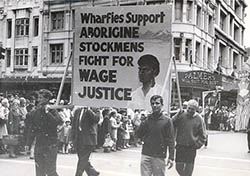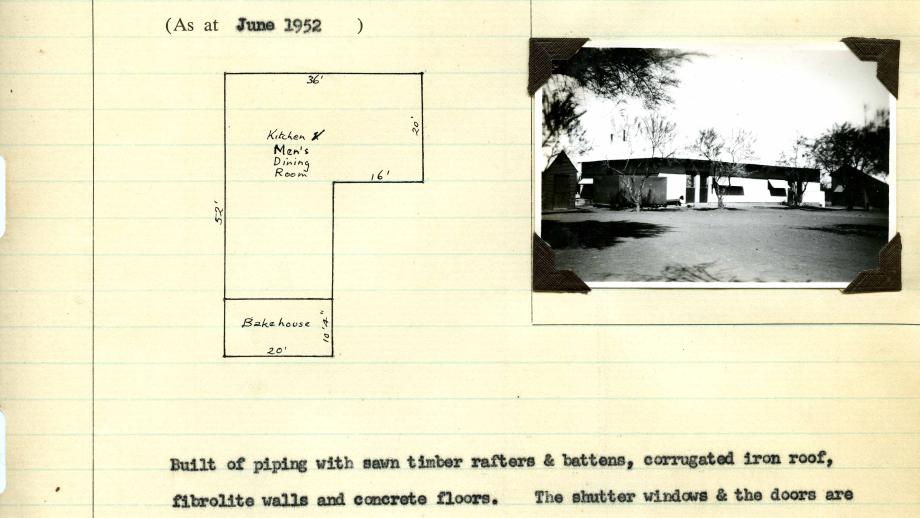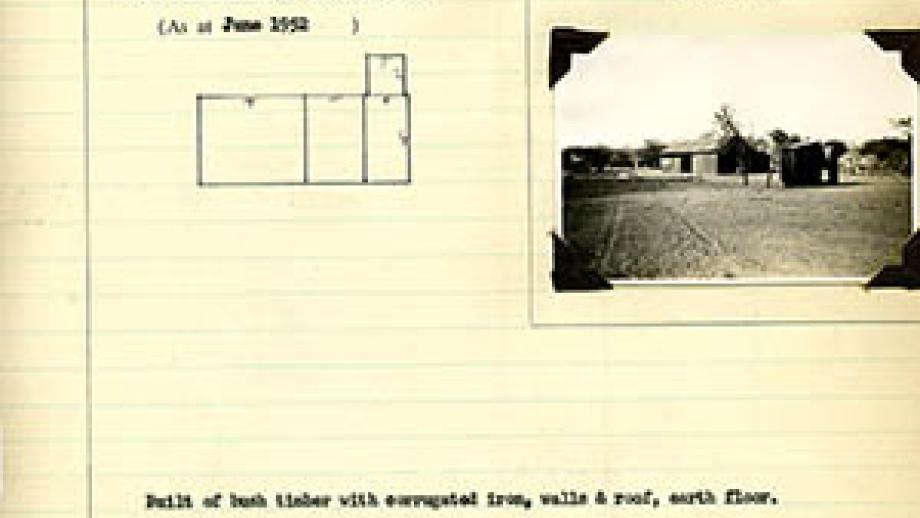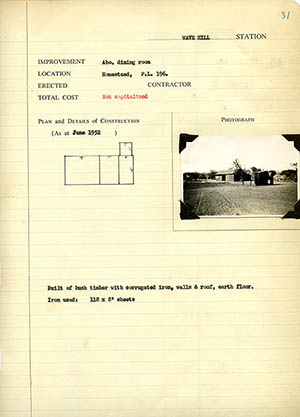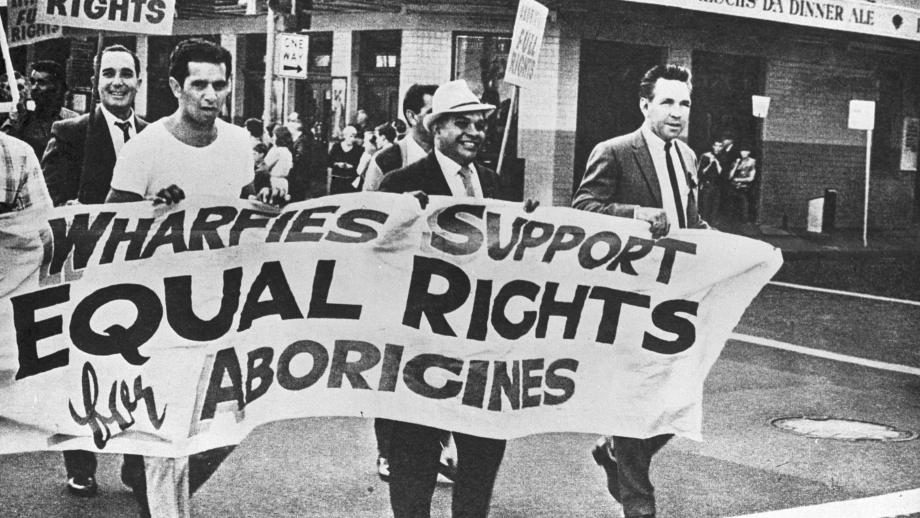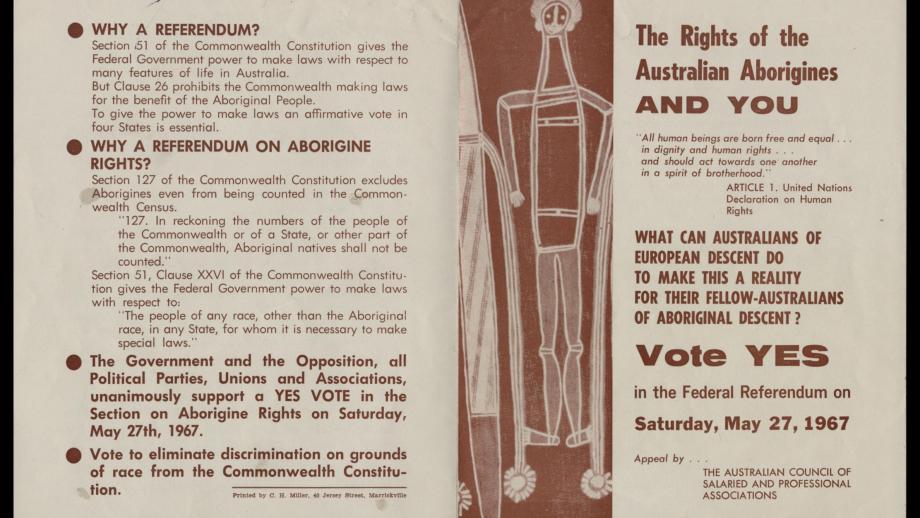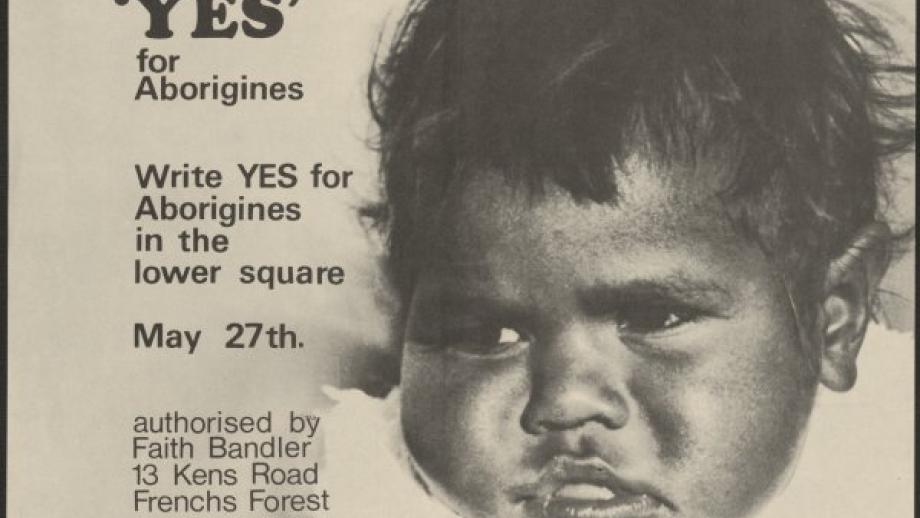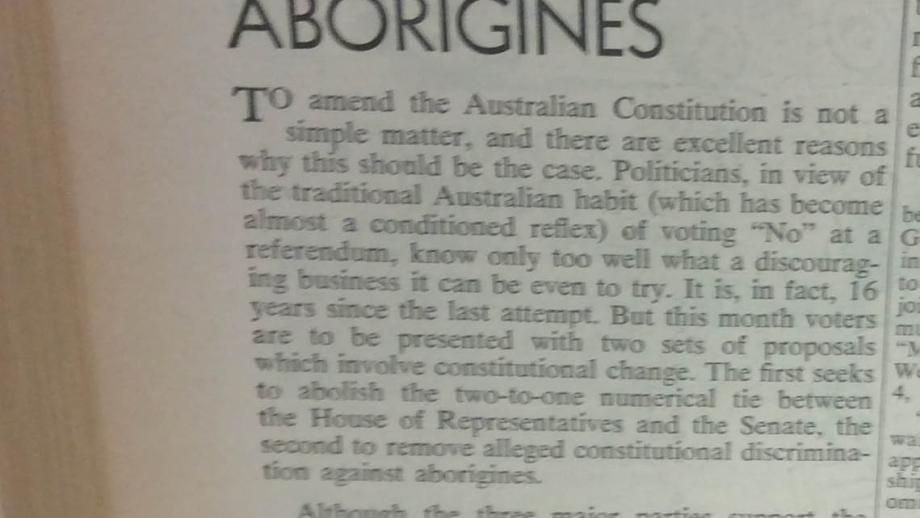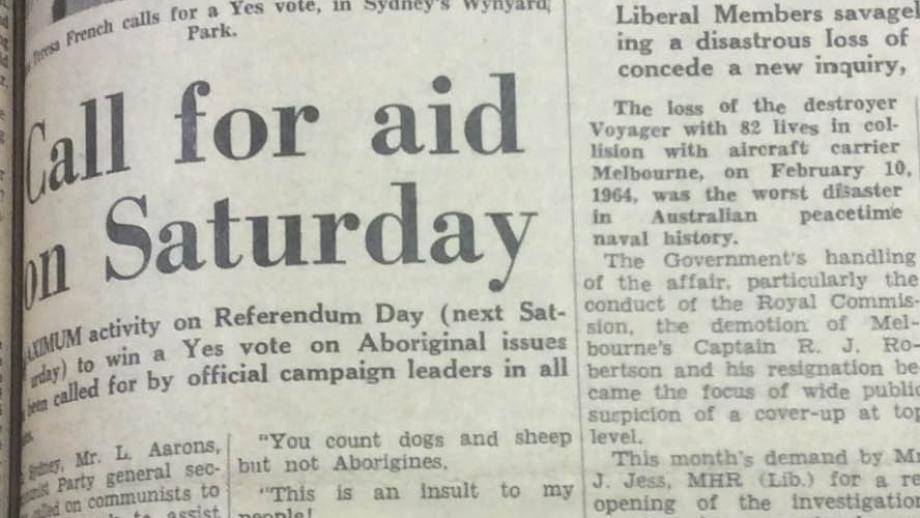Support for Equal Rights
Through the 1950s and into the 1960s Aboriginal Australians had begun lobbying for equality under the law including the right to their traditional lands and to be paid the same as others who did the same work.
Trade unions supported equal rights for Aboriginal Australians by providing training and advice for Aboriginal workers and, as the referendum approached, supported the ‘Yes’ campaign.

